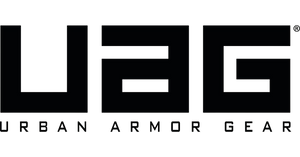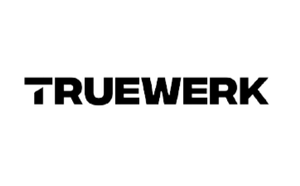While there was a time that even selling your products online put you ahead of other retailers, that time is no more. Everyone has the capability of selling their products online now, and just running your store at a basic fundamental level just doesn’t quite cut it anymore. You have to make sure that your website is running at peak efficiency and all of the kinks are ironed out… because your users expect a great deal from you now!
Let me start with some facts...
If a site makes $100K per day, one second improvement generate +$7K daily

- A one second delay in load time normally equals in 11% loss in pageviews

- A one second delay in load time means an overall %7 loss in conversions

What do buyers expect from your store?
General store performance
79% of customers are less likely to buy again from your store if they’re unsatisfied with the store's performance. That’s a LOT of people who will never return if they encounter ANY frustrating event during their shopping experience.
Mobile store should load in less than 4 seconds
64% of smartphone users expect for website to load in four seconds or less, any longer and people will move on to the next option. You don’t want to lose out on a purchase just because you had a big heavy picture that you just NEEDED to include on your homepage.
Web store should load in less than 2 seconds
47% of online shoppers expect webpages to load in two seconds or less. If you’re on a desktop, people are even less forgiving. While we know that mobile internet is not the most reliable, we have no patience for web stores when we shop on a personal computer of any kind. You website better ber blazing fast!
To bring your store on the ‘sunny’ side of statistics, contact us and let us improve your shopping experience and increase conversions.
But here are some things you can consider now to increase your store performance
Fast and stable hosting provider or good Shopify plan
If your store is hosted on Shopify and you have great sales results even if your store performance isn’t that great, you should consider upgrading your Shopify plan. Why wouldn’t you want to turbocharge something that is already working. If it’s working, put some gas into it! Spend the extra money and see the results.
If you have a Woocommerce store hosted on specific hosting servers, you should analyze this part much deeper as this could be the main reason why your website is slow. Your hosting provider service, infrastructure or wrong hosting plan can affect your ecommerce site performance especially during high-traffic and high-transaction days… you know… the days when you are making the most money!
According to ITIC’s survey, “81% of respondents said 60 minutes of downtime costs their business over $300,000.”. Shopify handles this part much better so if you’re thinking about a possible store migration to Shopify, throw us a line and we’ll help you migrate effectively and get you up and running in now time.
Use CDN (Content Delivery Network) for your assets
CDNs are designed for boosting performance and they are specific servers which play an important role in quick delivery and content storing. They’re quicker than your usual server because they disperse content load inside of the network and provide it through the closest server to your visitor’s location.
Image sizes optimization
We mentioned this before, but high quality images are an important part of your online store, but if you’re showcasing carousels, galleries and product thumbnails with unoptimized images it can make your shop noticeably slower and in some cases - unusable. To avoid this, the solution is to optimize your images as they represent half of the loading time of a website. The issue occurs when a product image is requested from a server in a larger size than needed. For example, if you uploaded a large image as a featured product image and you want that product to be shown on the homepage carousel where all images are much smaller thumbnails. On homepage load, browsers will request that featured image, scale it so it can be used in a carousel and that browser scaling for few images will largely impact page load time. For resolving this issue, Shopify provides use of built-in image size parameters while Woocommerce requests use of plugins or manual compression. Either way, it should definitely be something you investigate.
Installed apps & plugins
Apps (Shopify) & plugins (Woocommerce) might affect your store’s performance in a much more detrimental way than you might even expect. They can run background processes, load unnecessary assets and bring you more ‘headaches’ than benefits, so always vet any app or plugin you install to make sure it’s optimized for your website.
If your store is on Shopify, check all apps that you installed in the past and delete the ones that you’re not using anymore. Woocommerce merchants should do the same for plugins. If you’re not sure what plugins/apps are necessary or you’re afraid of breaking your website, feel free to contact us to help you with this process.
Improving your store speed and overall performance takes time.
We’ve covered common issues that are affecting most of the online shops, and if you’re facing any kind of website slowness, mark it as a number one priority and don’t allow yourself to lose valuable conversions because of load speed. Performance boost should also be considered if you’re targeting higher conversion rates and want your brand to be ahead of competition. If you’re thinking about improving your store in any way, get in touch with us so we can analyze your business and unleash its maximum potential.



















 We Are Slicedbread.
We Are Slicedbread.